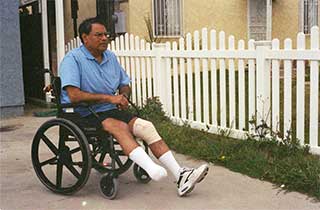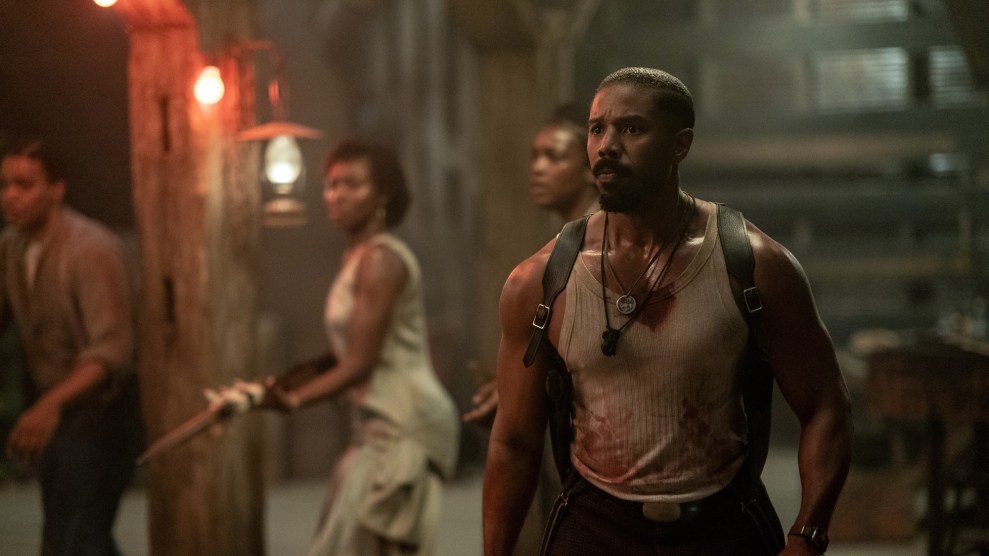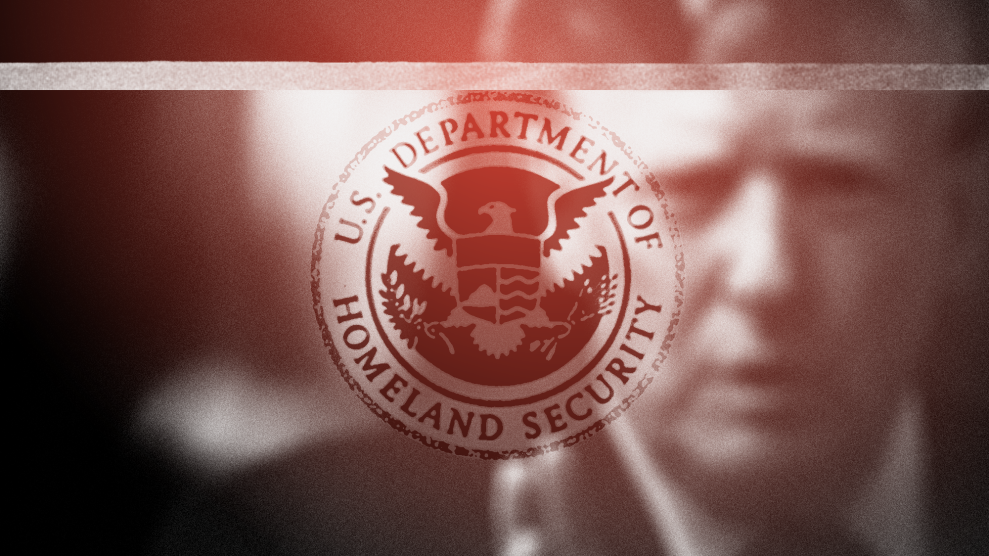
The deepest heartbreak in Critical Condition, Roger Weisberg’s misery vérité about 4 of America’s 47 million uninsured, isn’t the diabetic’s premature foot amputation or the cancer patient’s delayed chemo treatment.
It’s this quotidian conversation between a husband and wife about money, after the doctor leaves the room:
Husband: “I don’t want to live like this…I got 50-60,000 dollars in doctor bills.”
Wife: “You need to stop worrying about those collection agencies and medical bills.”
Husband: “Well I’m dying anyway!”
The documentary, which airs on PBS September 30, gathers a time-lapsed year’s worth of such wrenching doctor’s office and dinner table talks into one dark, pungent bouquet. All four of the US citizens profiled work in the service industry—or did, until their lack of employer health insurance caught up with them—and their stories are as depressing as they come. The cancer patient who couldn’t afford chemo? She turns off her phone to avoid collection agency calls about her unpaid prescription drug bills. Carlos Benitez, a chef whose pregnant wife prays for a milagro to heal her husband’s twisted spine? He finds one at a UCLA medical-student health fair after almost bleeding to death from an ulcer on the way to work. (Benitez’s expensive operation finally happens only because of a sympathetic doctor who frankly admits, “We do ration care in this country, based on ability to pay,” then begs on camera for a national solution to the health care crisis.)
While the film doesn’t offer solutions, it does raise several turnkey questions about preventative care, like, Who pays for the half-million patients currently battling cancer without insurance? And if an uninsured cancer patient could afford the 14 daily pills required to keep him out of the ER, or the tests that would have caught his illness earlier, how much money would the insured save on his annual costs? Stitched between the lapel-grabbing hospital scenes are statistics that fortify these already desperate questions. Perhaps the next president will find less desperate answers.
Find out what happened next to the four individuals profiled in Critical Condition here.
















